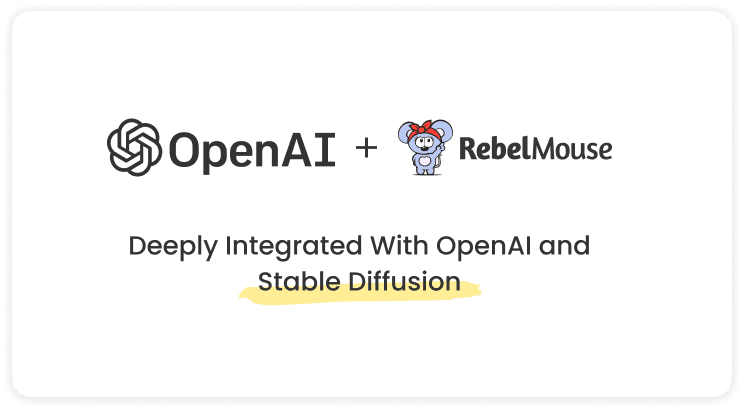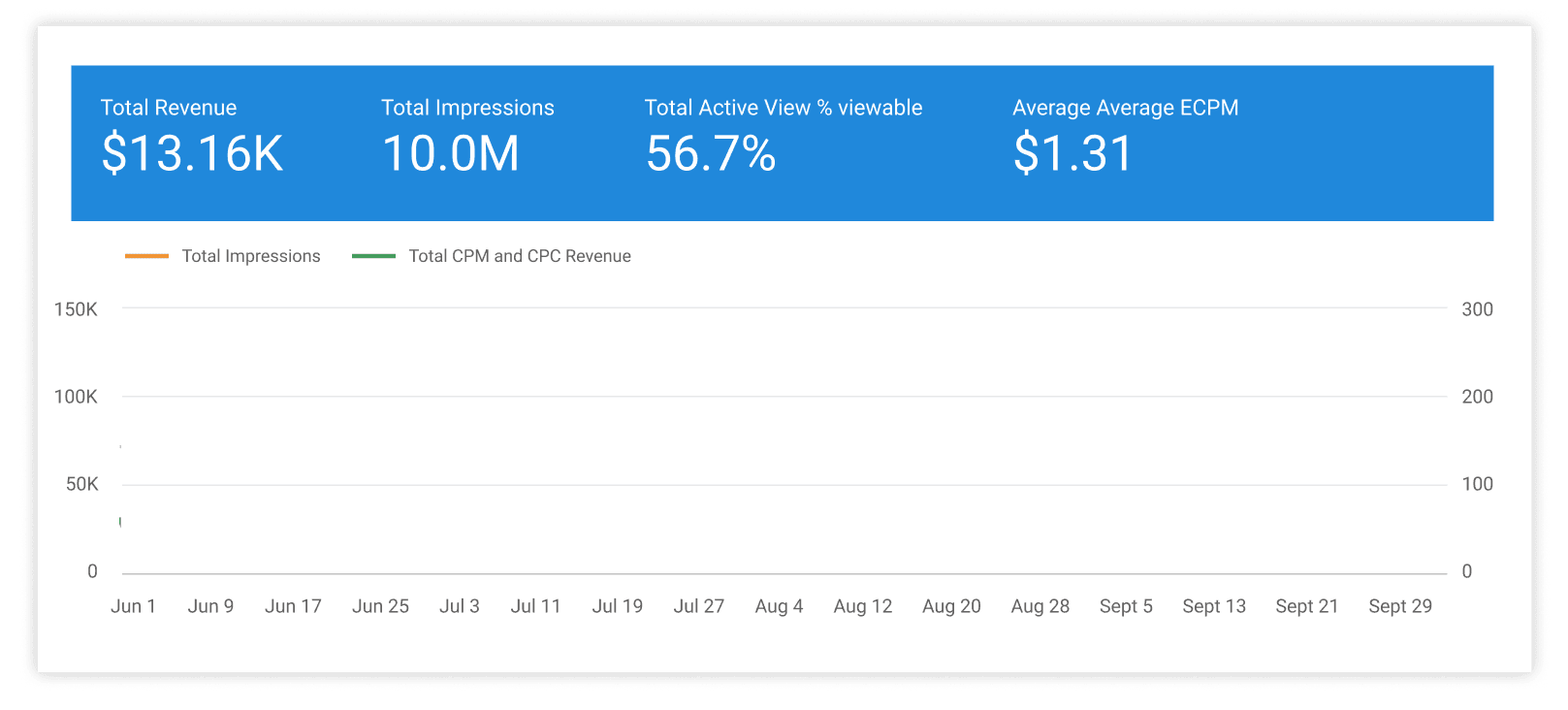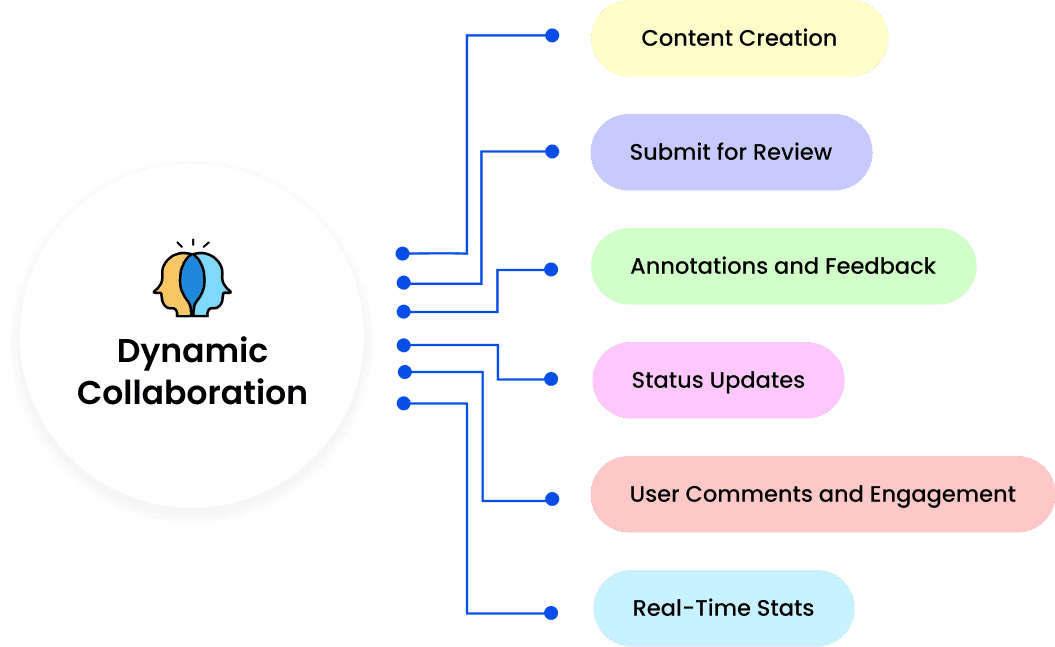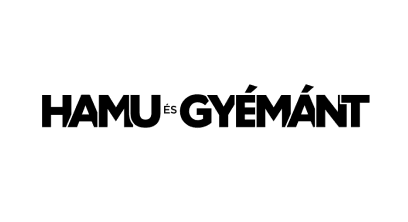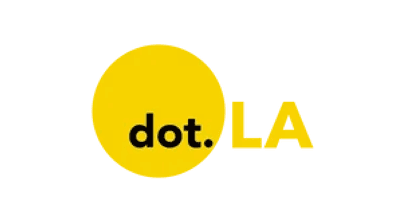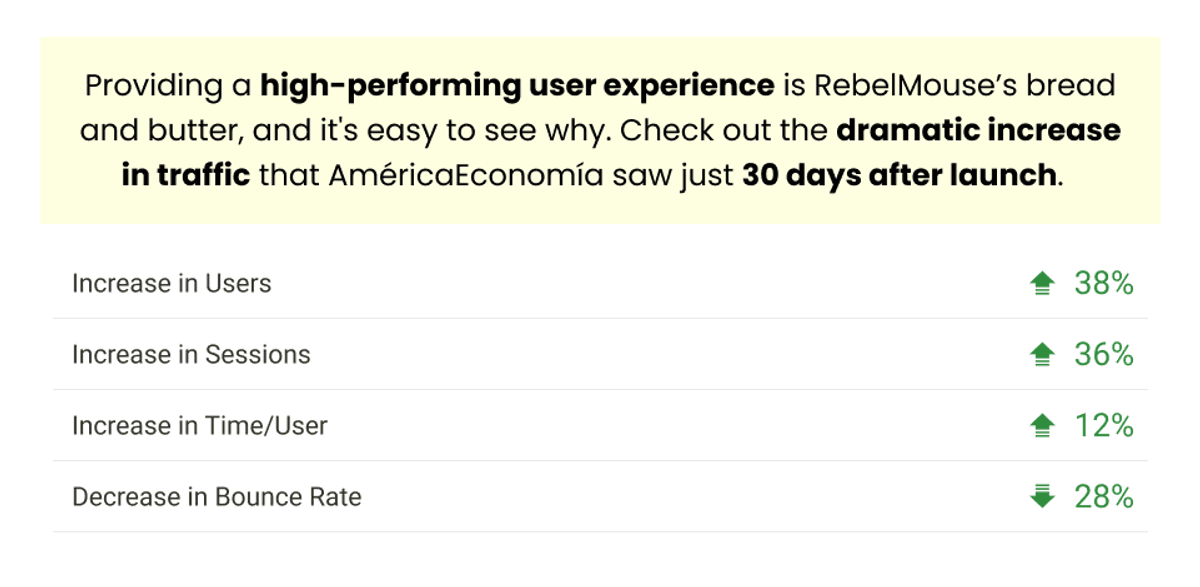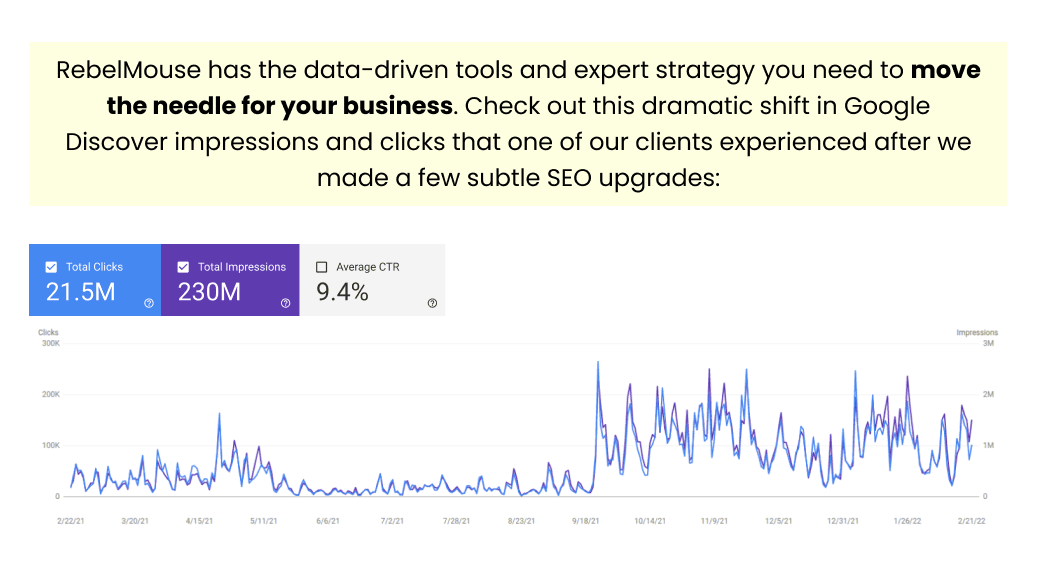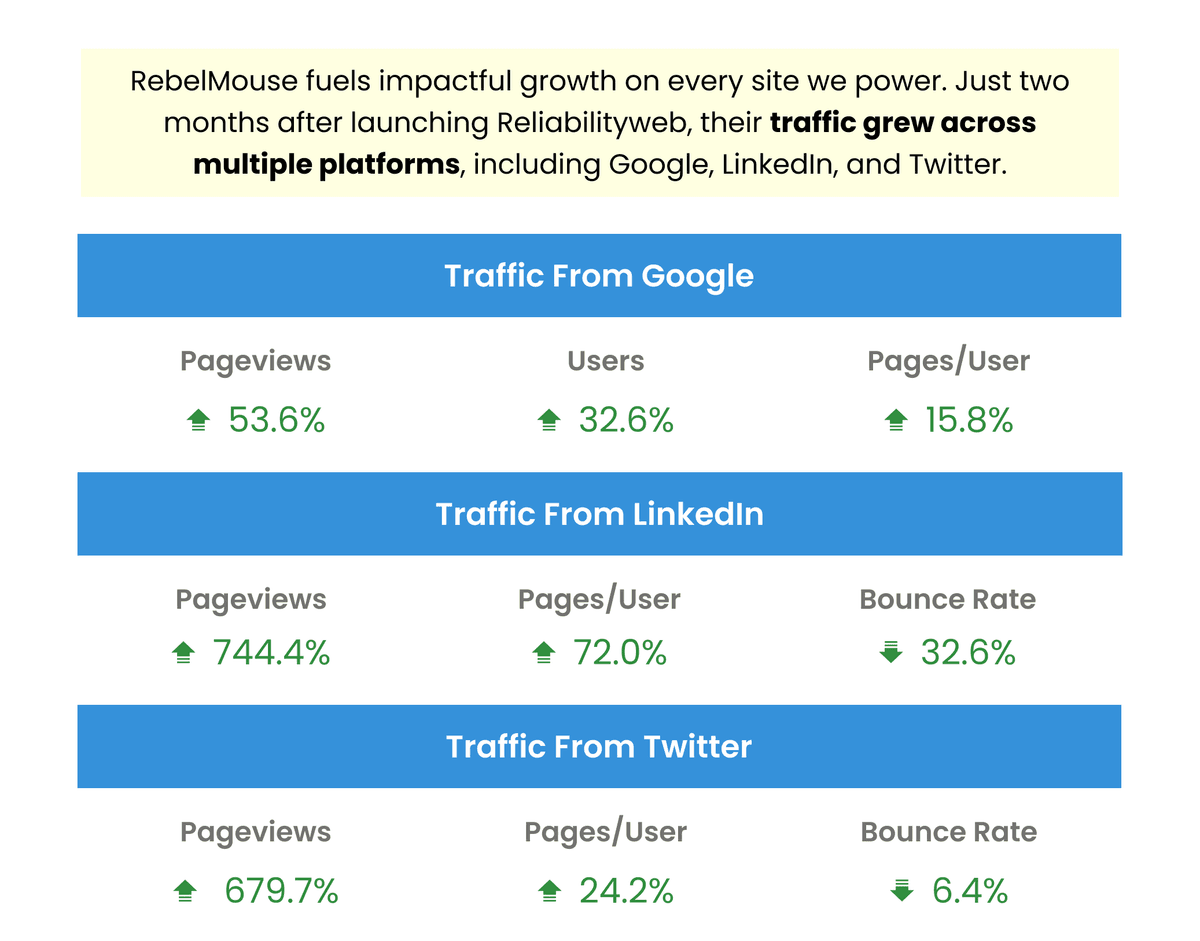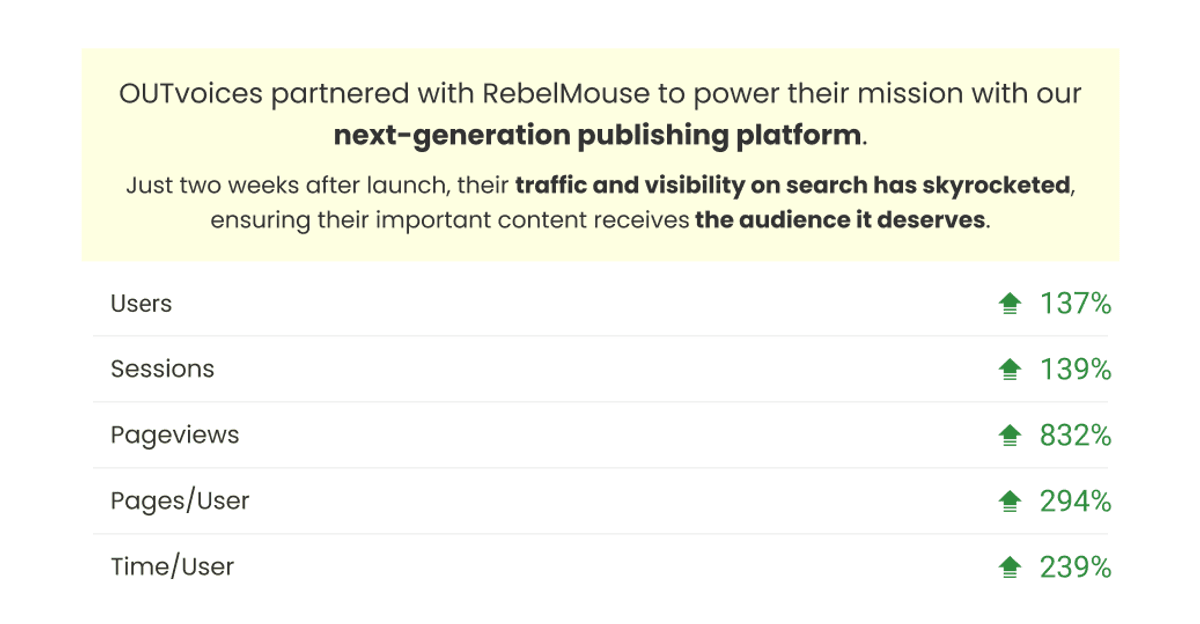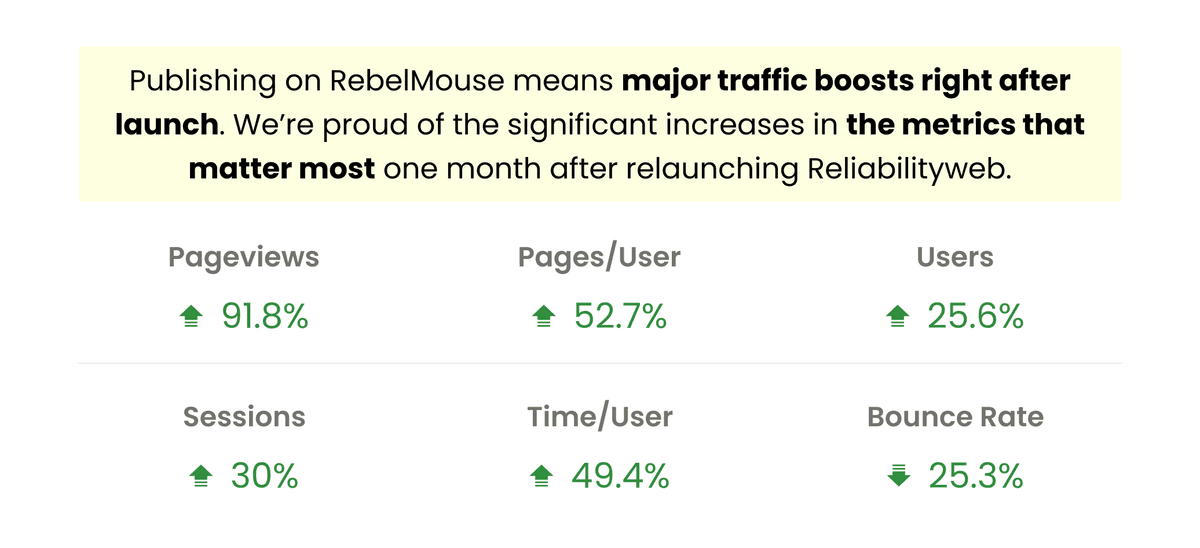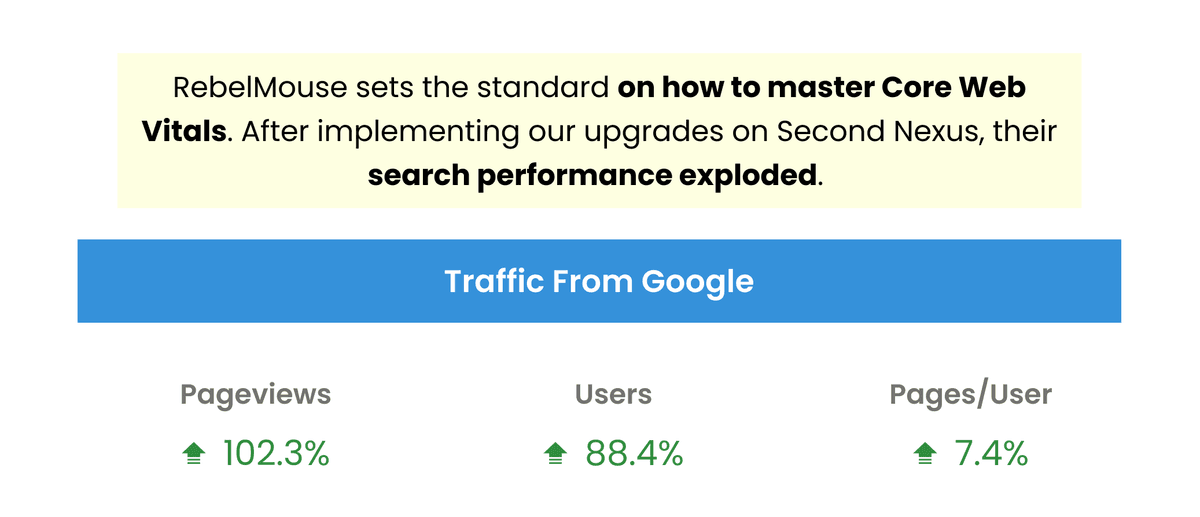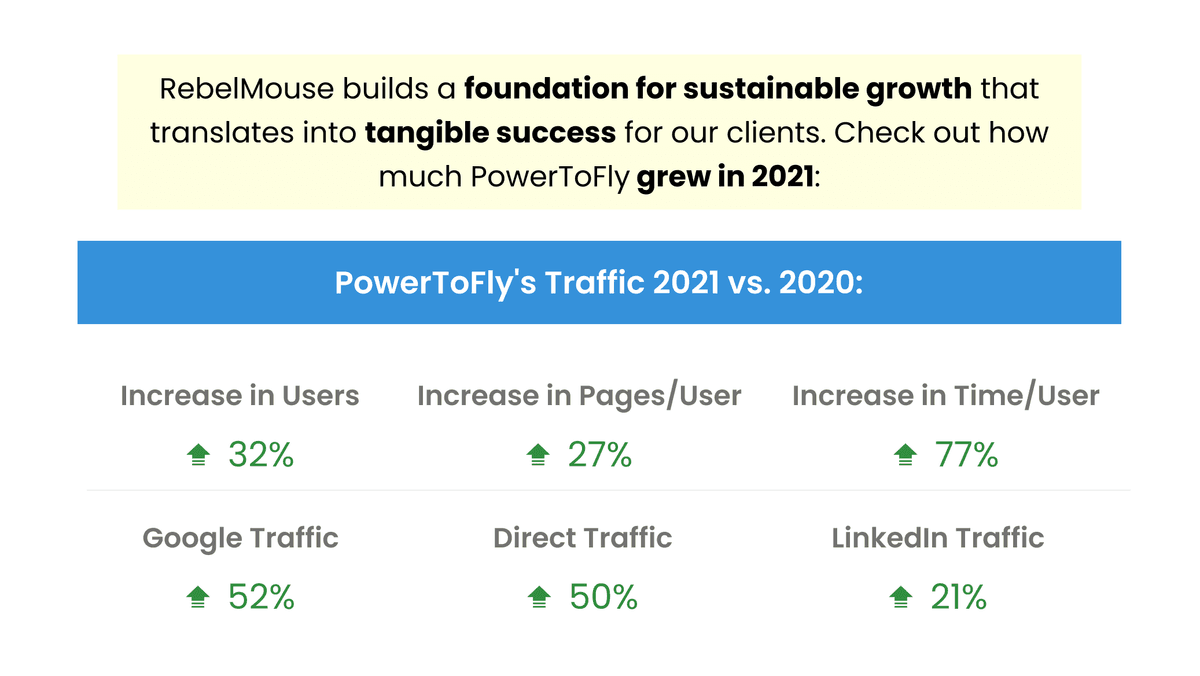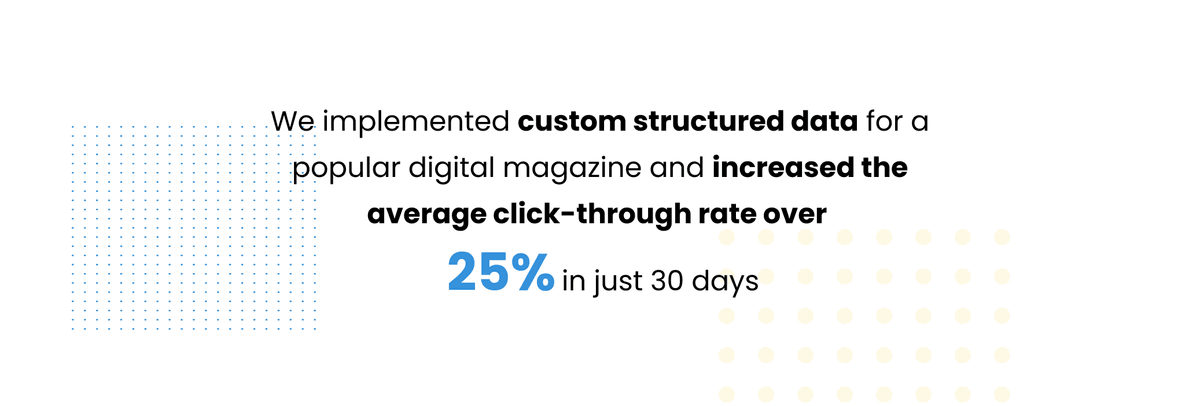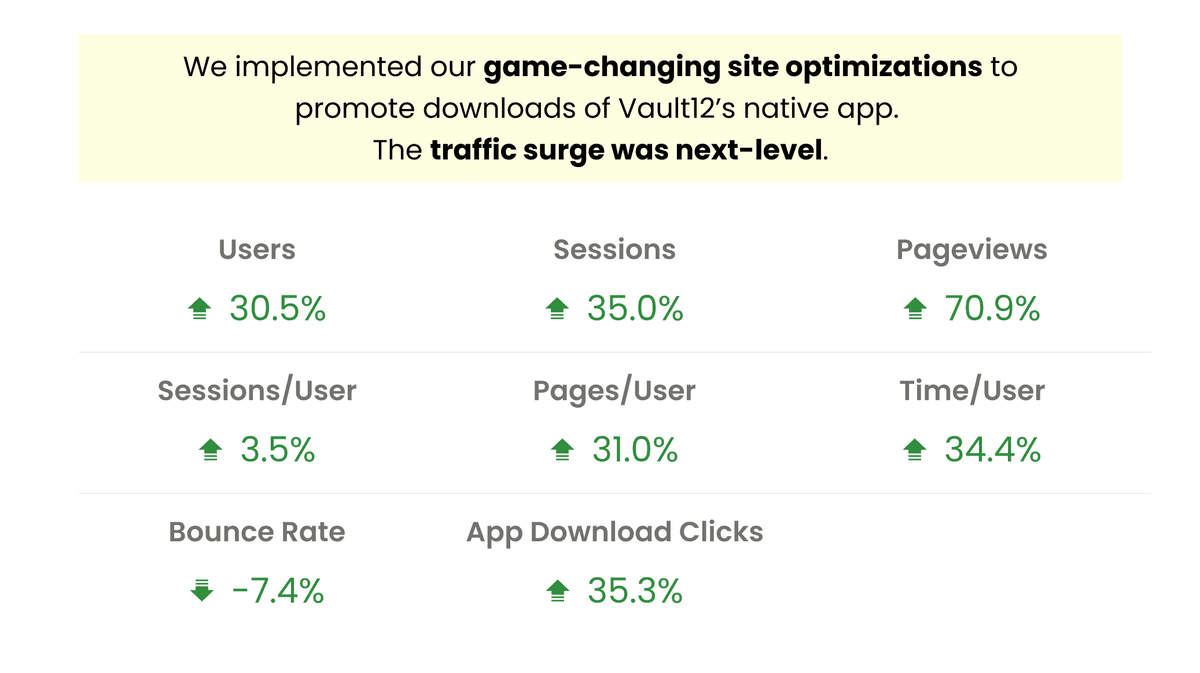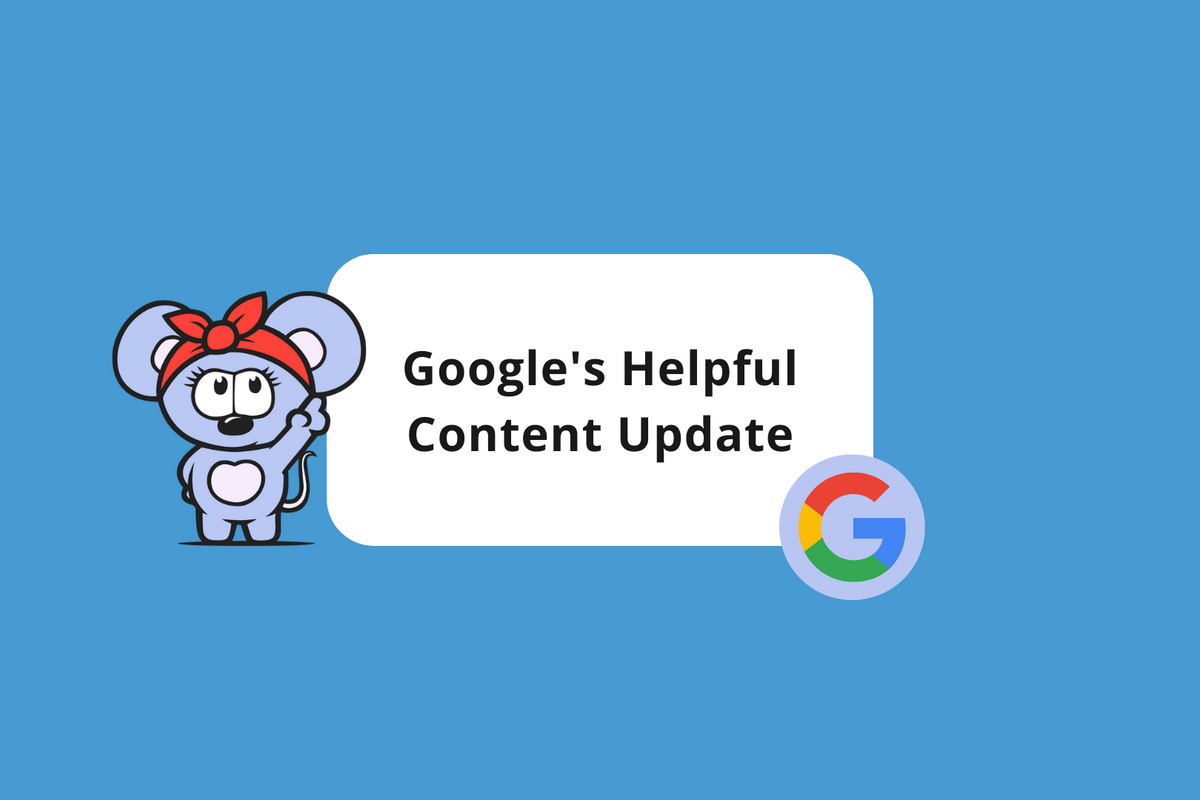
Why the SEO community thinks this could be Google’s biggest update in years
Google announced the rollout of a new major algorithm update — dubbed the “helpful content update” — which launched the week of August 22, 2022. The helpful content update uses machine learning to deprioritize content that isn’t, well, helpful. According to Google’s announcement on August 19, 2022, that includes content that is unoriginal, is low quality, and was created primarily for search engines, not for the benefit of users.
\u201cNext week, we will launch the \u201chelpful content update\u201d to better ensure people see more original, helpful content written by people, for people, rather than content made primarily for search engine traffic. Learn more & advice creators should consider: https://t.co/fgf2TPNIqD\u201d— Google Search Central (@Google Search Central) 1660838587
What We Know so Far About Google’s Helpful Content Update
As with most of Google’s updates, there’s a bit of mystery surrounding what this algorithm shift means for search traffic. In this case, there’s confusion surrounding the definition of “helpful” content. The best way to make sure your content is ready for this update is to follow Google’s quality guidelines . Luckily, Google did provide some additional advice on how to make sure that your content employs a “people-first” approach. Remember, the helpful content update is focused on prioritizing user-friendly content, not content that’s been manipulated to rank high on search engines. According to Google , if you can answer “yes” to the following questions, your content is on the right track:
- Do you have an existing or intended audience for your business or site that would find the content useful if they came directly to you?
- Does your content clearly demonstrate first-hand expertise and a depth of knowledge (for example, expertise that comes from having actually used a product or service, or visiting a place)?
- Does your site have a primary purpose or focus?
- After reading your content, will someone leave feeling they've learned enough about a topic to help achieve their goal?
- Will someone reading your content leave feeling like they've had a satisfying experience?
- Are you keeping in mind our guidance for core updates and for product reviews?
Google also provided a set of questions that can serve as warning signs if your content takes a “search engine-first” approach. If you answer “yes” to some of these queries, you may want to reevaluate your content:
- Is the content primarily to attract people from search engines, rather than made for humans?
- Are you producing lots of content on different topics in hopes that some of it might perform well in search results?
- Are you using extensive automation to produce content on many topics?
- Are you mainly summarizing what others have to say without adding much value?
- Are you writing about things simply because they seem to be trending and not because you'd write about them otherwise for your existing audience?
- Does your content leave readers feeling like they need to search again to get better information from other sources?
- Are you writing to a particular word count because you've heard or read that Google has a preferred word count? (No, we don't.)
- Did you decide to enter some niche topic area without any real expertise, but instead mainly because you thought you'd get search traffic?
- Does your content promise to answer a question that actually has no answer, such as suggesting there's a release date for a product, movie, or TV show when one isn't confirmed?
The helpful content update will first roll out to English sites globally before it expands to other languages. The update will take two weeks to complete, but the web traffic implications could take months to finalize. It will be important to keep a close eye on your Google Search Console account to see if your traffic experiences any noticeable dips.
Since this is a major update, it can be a lot to keep track of. Search expert Barry Schwartz put together the following list of key facts about the helpful content update for Search Engine Roundtable :
- Name: Google helpful content update
- Rollout: It will take about two weeks to fully roll out.
- Targets: It looks at content that was created to rank well in search over help humans.
- Search Only: This currently only impacts Google Search, not Google Discover or other Google surfaces. But Google may expand this to Discover and more in the future.
- Penalty: Google did not mention penalty but this update does seem to feel like a penalty for sites that will be hit by it.
- Sitewide: This is a sitewide algorithm, so the whole site will be impacted by this update.
- Not a Core Update: Many are going to say this is a core update, it is not.
- English Language, But Will Expand: This is only looking at English-language content globally now but likely will expand to other languages.
- Impact: Google would not say what percentage of queries or searches were impacted by this update, but Google did say it would be "meaningful." Also, Google said this will be felt more for online-educational materials, entertainment, shopping, and tech-related content.
- Recover: If you were hit by this, then you will need to look at your content and see if you can do better with Google's advice.
- Refreshes: Google updates the scores constantly here but there is a timeout period, and a validation period, and it can take several months to recover from this update.
Reaction From the SEO Community
Since Google’s announcement of the helpful content update, the SEO community has been buzzing about what the major algorithm change could mean for traffic all over the web.
SEO consultant Aleyda Solis asked Twitter users if they’ve considered their content to be helpful:
\u201cAre you concerned from Google\u2019s announced Helpful Content Update outcome in your sites?\u201d— Aleyda Solis \ud83c\uddfa\ud83c\udde6 (@Aleyda Solis \ud83c\uddfa\ud83c\udde6) 1660859703
Sourced from Search Engine Land .
While the results were split, 46.6% of users responded that they were unsure of what the update would mean for their search referral traffic. Since this is a sitewide algorithm update, it’s important to keep in mind that if Google’s machine learning determines that even a portion of your site is unhelpful, your entire site could be flagged and deprioritized.
Since the helpful content update is likely already underway, it may be too late to make changes to your content. However, it will take months for Google’s classifier, the AI feature that determines which content on the web is deemed “helpful,” to validate every page on the web that’s eligible for this update.
If this still sounds confusing, you aren’t alone. Google’s Search Advocate John Mueller acknowledged that there is some gray area on what content will be impacted by the update’s first rollout:
\u201cSEOs writing articles explaining what content is considered helpful or unhelpful - before the helpful content update rolls out - is the definition of unhelpful content.\u201d— Lily Ray \ud83d\ude0f (@Lily Ray \ud83d\ude0f) 1661094813
Whatever the timeline may be, the search community has all eyes on this update. Schwartz has speculated that the helpful content update could be as big as Google’s Panda update, which permanently changed 12% of Google’s search results in 2011. He believes the helpful content update could be just as big and could “cause a fundamental shift in how SEO content development is done by many SEO agencies.”
How to Publish “Helpful” Content
For now, all that any site owner can do is monitor traffic as the helpful content update rolls out.
In addition to following Google’s published content standards, a quick way to make sure your content is valuable is to follow what’s known as the E-A-T strategy, which stands for expertise, authority, and trustworthiness. This has nothing to do with algorithms, but rather a human evaluation of whether or not your content should be trusted. Routinely ask yourself, is your content relevant, informative, and beneficial to readers searching for your designated keywords? Is it better than the links that are currently winning the search phrases you want?
RebelMouse is an enterprise CMS with a rich SEO toolset that guides writers and editors to think about the right search phrase behind every story. It also empowers users to focus on small but meaningful modifications designed to improve organic search performance.
While major events like the helpful content update make most users weary, we anticipate updates like this before they’re even announced. Our dedication to search performance includes a holistic approach to search that prioritizes quality content creation and technical SEO tactics that set up every site we power for success.
If you’re confused about Google’s helpful content update, or are just looking for the boost your site needs to start ranking higher on search, request a proposal today and let’s start working together.
























